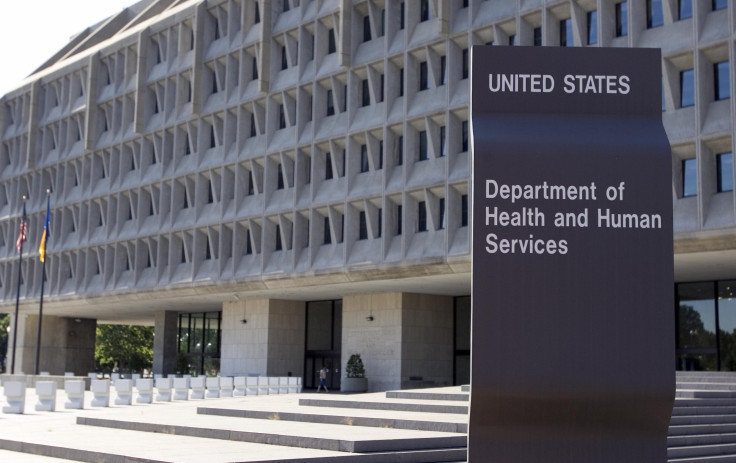In Unusual Move, Trump Admin Sought To Classify Coronavirus Meetings
KEY POINTS
- Many interagency coronavirus meetings were made classified at White House's request
- A number of legal and health experts were excluded over lack of security clearance
- This revelation comes amid criticisms of a lack of transparency over response
Four White House officials have said that government meetings held over the response to the novel coronavirus, or COVID-19, have been classified at the request of the Trump administration. The move is seen as highly unusual and reinforces some critics’ argument that the president has failed to be transparent about the handling of the disease’s outbreak in the United States.
These cross-agency meetings, including conference calls, around the coronavirus have meant that individuals without high-level security clearances are being excluded – including some health experts. The security clearance order came from the White House’s National Security Council (NSC) according to one unnamed official who spoke with Reuters.
“We had some very critical people who did not have security clearances who could not go. These should not be classified meetings. It was unnecessary,” another White House insider said.
The meetings, held by the Department of Health and Human Services (DHHS), were held in secured areas typically used for military or intelligence matters called “Sensitive Compartmentalized Information Facilities.”
At one meeting, a DHHS lawyer was unable to attend a discussion on the legality of certain types of quarantine options because he lacked the security clearance.
Such stringent security is highly unusual, a former public health official in the George W. Bush administration told Reuters: “It’s not normal to classify discussions about a response to a public health crisis.”
NSC spokesman John Ullyot, in response to the report, told Reuters that, “from day one of the response to the coronavirus, NSC has insisted on the principle of radical transparency.”
Critics of the Trump administration’s handling, however, have said that the White House has been far from open about how the coronavirus outbreak will be addressed.
Last month it came to light that Vice President Mike Pence’s disease task force sought to squelch public statements from health officials concerning the coronavirus by requiring them to have their remarks approved first. This included Dr. Anthony Fauci, the head of the National Institute of Allergy and Infectious Diseases (NIAID).
As the coronavirus crisis emerged, Fauci had been outspoken about the seriousness of the disease’s spread, in many cases contradicting statements made by the president and his administration.

© Copyright IBTimes 2024. All rights reserved.






















